6 things to know about MMO raiding before playing Destiny
Ready check
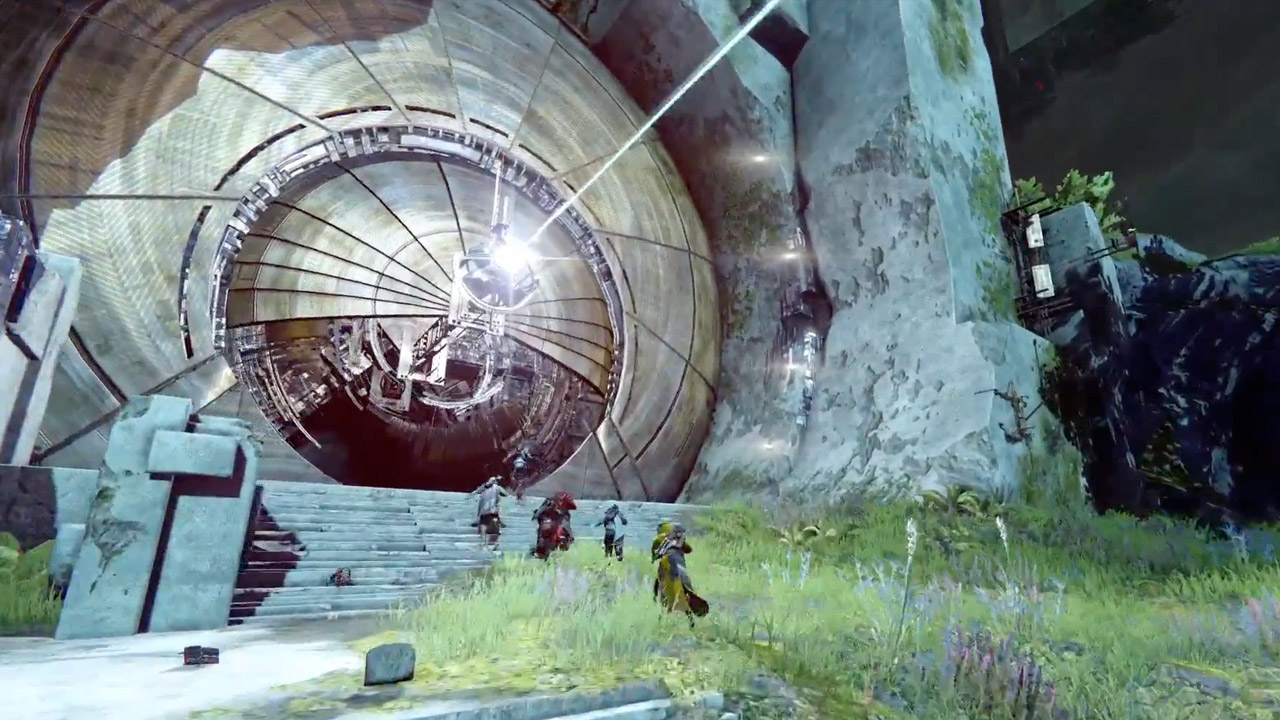
Bungie is adamant that Destiny is NOT an MMO. Odd, considering all the traditional MMO terminology is there: instanced dungeons (called Strike missions here), competitive player-versus-player combat, raids. All these things are core tenets in the MMO genre. Especially that last one: raids. I love raids. But if you haven't dedicated a billion hours to an MMO (as I, unfortunately, have), you may not know what raids even are, which makes it rather difficult to be excited about their inclusion in Bungie's MM--er, shared-world shooter.
So what are raids, exactly? On the surface level, they're extremely difficult dungeons with tough-as-nails "trash" enemies (your generic alien grunts) and even harder bosses. Only by grouping together with a dedicated team of Guardians can you hope to overcome the challenges within, and earn some sweet, sweet loot as a reward. Piqued your interest? Read on for everything you should know about raiding before facing Destiny's most difficult encounters.
Looking for more help? Then head on over to our Destiny Walkthrough for a complete set of guides.
Raids are really, really, really, really tough
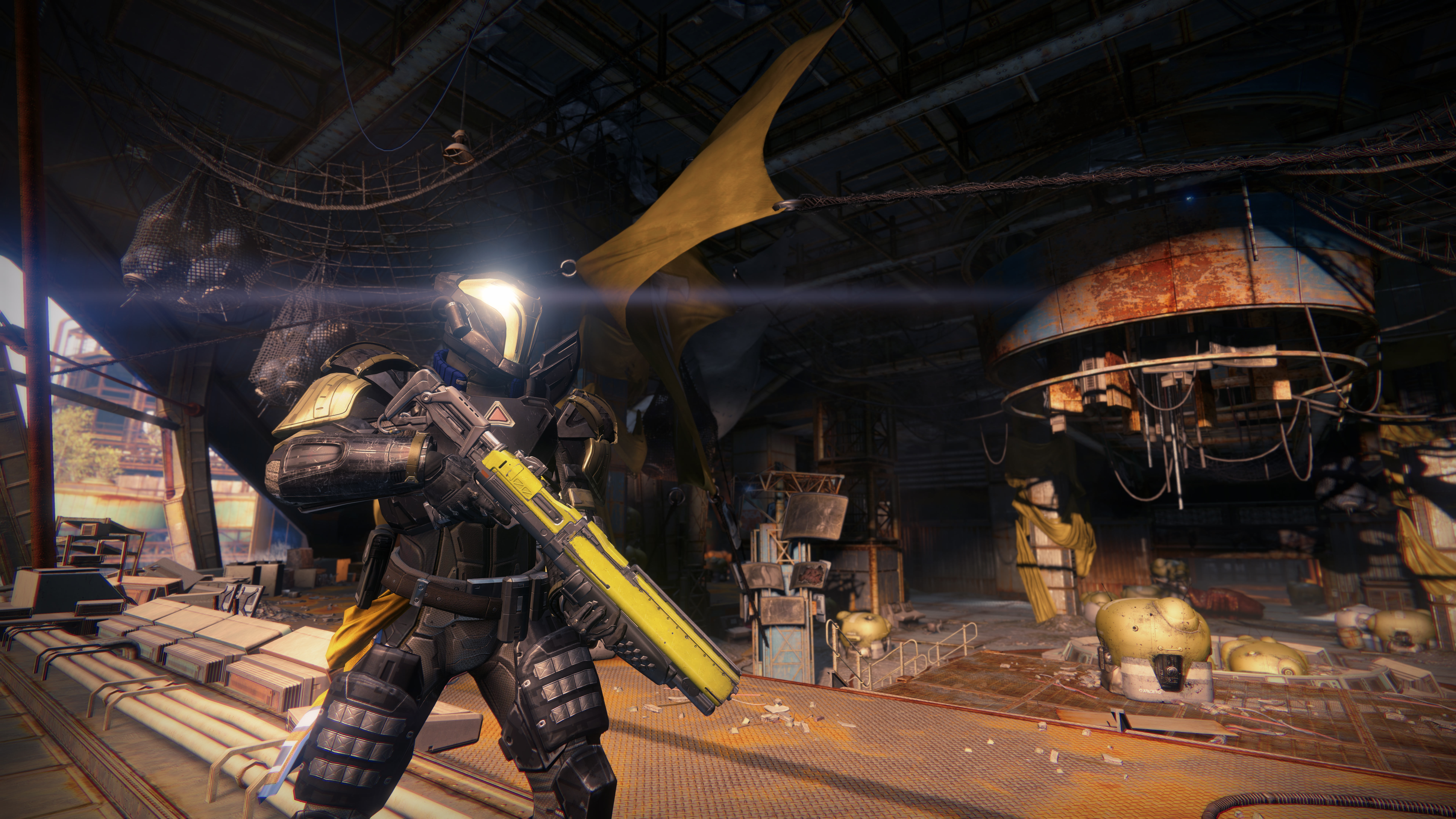
First thing's first: Raids are designed to be hard. As in, you and your friends may spend DAYS attempting to defeat a single boss, and there's no guarantee you'll succeed. I'm not being hyperbolic here, either. All enemies in raid environments are stronger, more aggressive, and significantly harder to kill than their normal counterparts. Successfully clearing a raid means you first have to learn about--then develop a deep understanding of--each encounter's mechanics. From there, it's all about execution.
Wiping--the term used when your entire team dies during an encounter--is a big part of the raiding experience. Through death, you learn which enemy abilities are super dangerous, how to approach particular situations, and boss attack patterns that can be exploited to your advantage. Persevere, and you'll finally down a boss, often by the skin of your teeth. In a way, the euphoric high that comes with raiding is the same sort of thing that people like so much about Dark Souls--it provides a similar feedback loop, as well as the rewarding sense of accomplishment that comes with surviving a gruelingly difficult challenge.
Teamplay is everything
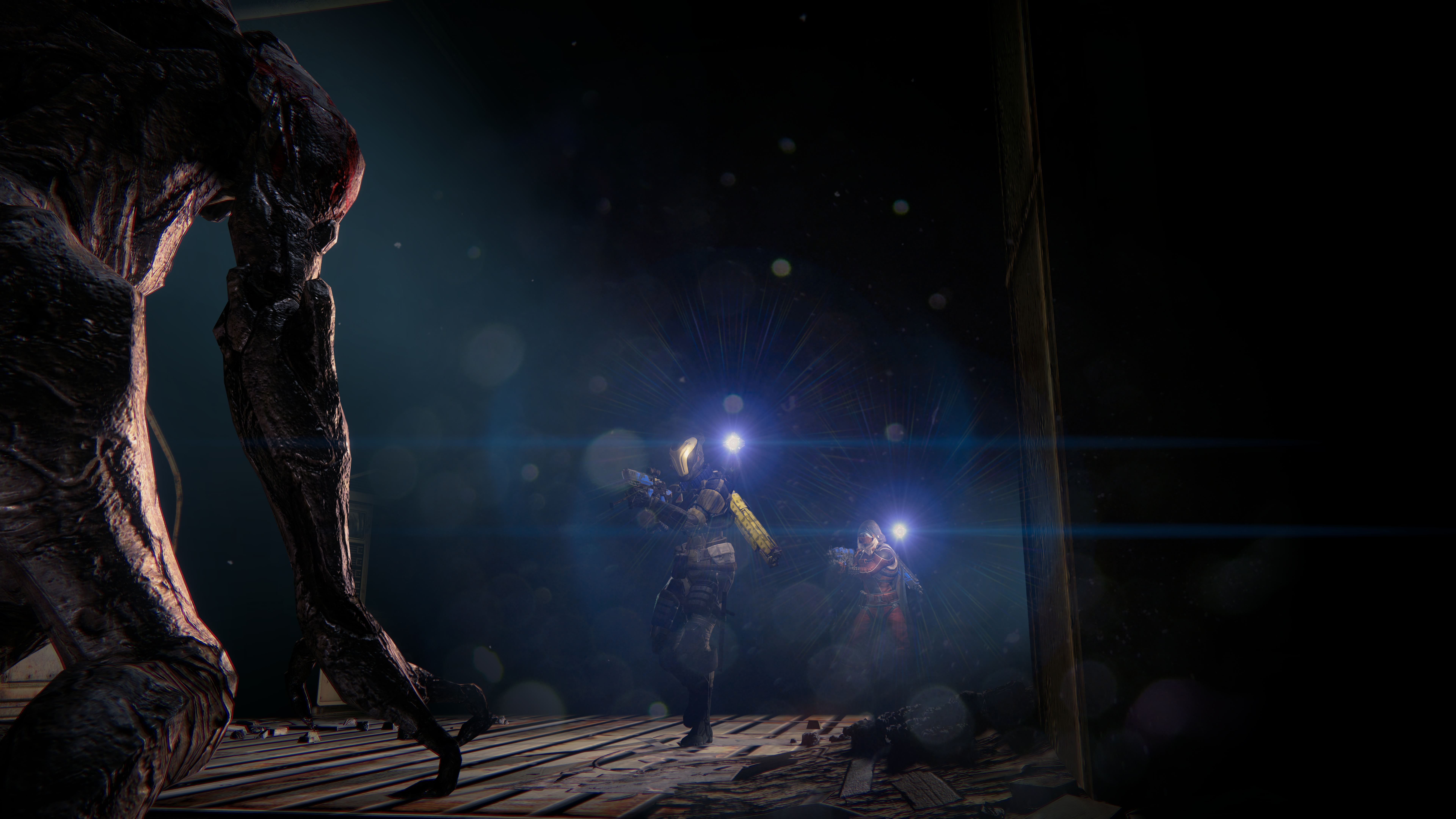
Since its inception, raiding has always been a group-oriented activity. I've done most of my raiding in World of Warcraft, which, in the beginning, involved putting together a group of 40 players, all of whom had to coordinate and communicate to make an inch of progress. (These days, WoW raids have 10- and 25-man versions of each encounter, making them far more accessible). In Destiny, a raid consists of 6 players. For now, you can't just join a matchmaking system and raid with random people on the Internet--you need to form a team of players from your friends list.
A bummer for some, but playing with a group of people you trust will be far more beneficial than playing with random scrubs. Communication will be necessary for success; you'll have to focus down certain targets, call out strategies on the fly, and convey important information (such as when you need reviving, or where certain enemy types are at on the map) at a moment's notice. In short, you will get obliterated in a raid setting if you're the lone-wolf run-and-gun type (Leeroy Jenkins, anyone?). That's just the way its--da da dun, da da dun, da da dun, things will never be the saaaame. Sorry, got carried away.
Weekly digests, tales from the communities you love, and more
Your role won't ALWAYS involve shooting things until they are dead
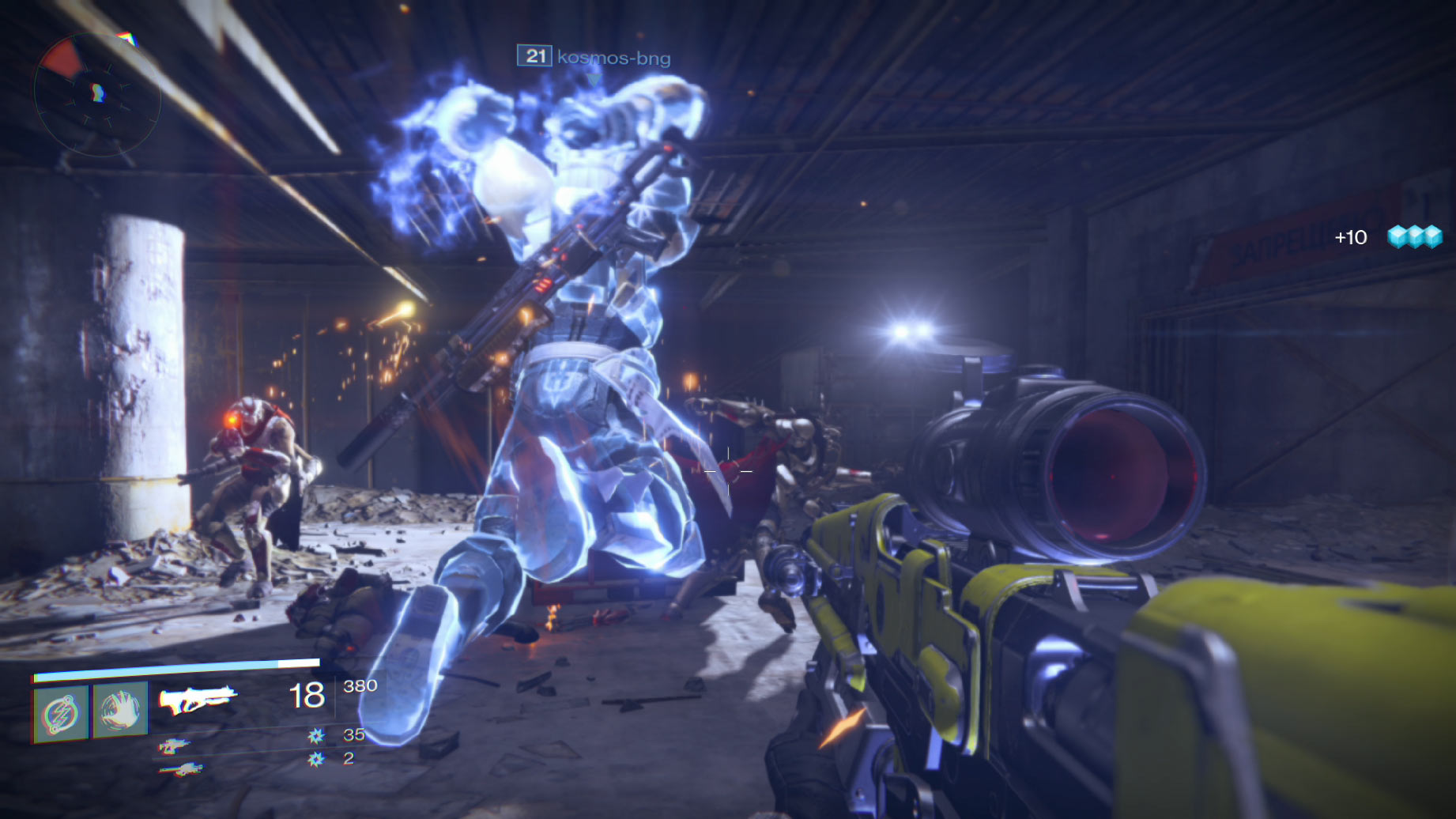
In general, raids are more memorable than your typical instanced dungeon because they offer a huge variety of encounters and mechanics. Yes, you will be doing a LOT of shooting, but you'll no doubt have plenty of opportunities to do other things as well. Class variety, for starters, will certainly be important; Titans will be the tankier Guardians of the group, tasked with soaking up the most damage, while Hunters and Warlocks dish out damage and lay down as much crowd control as possible to incapacitate the more threatening targets.
When it comes to boss encounters, it's quite likely there will be more at play than just dodging enemy fire and tossing grenades. Some fights will probably task you with kiting certain enemy types, or interacting with objects in the environment, or avoiding deadly traps at a moment's notice. In short: expect the unexpected (and to die a lot).
You'll have a full week to clear a raid, then your progress is reset
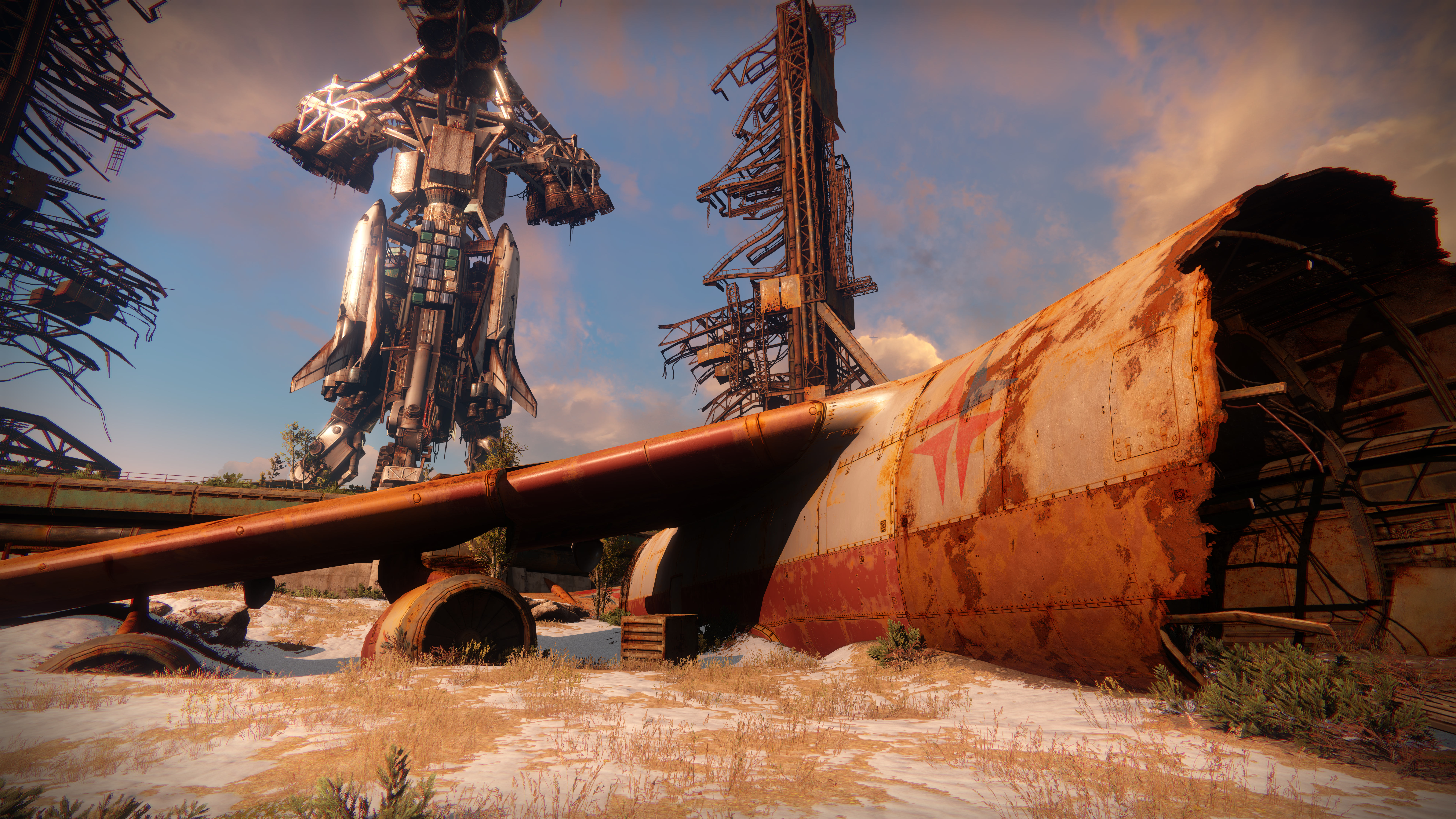
So if raids are so damn hard, how long will it take to finish one? Well, that all depends on how big Destiny's raids will be, but expect a full clear to take several hours. Which leads to the question: if you and your friends make it a few bosses into a raid, do you have to defeat them all over again every time you enter the dungeon? Nope. According to a blog post on Bungie's website, Destiny is implementing a common MMO raiding feature: the weekly lockout.
What this means is every time you down a raid boss on your character, it stays dead (for that specific character, not ALL your characters) until the following week when the raid resets. This does two things. First: it allows you to pick up where you left off, without having to bang your head against the first boss or two over and over again. Second: it prevents players from grinding only the first couple bosses in a raid for epic loot. Speaking of loot...
Raids typically offer the best loot in the game
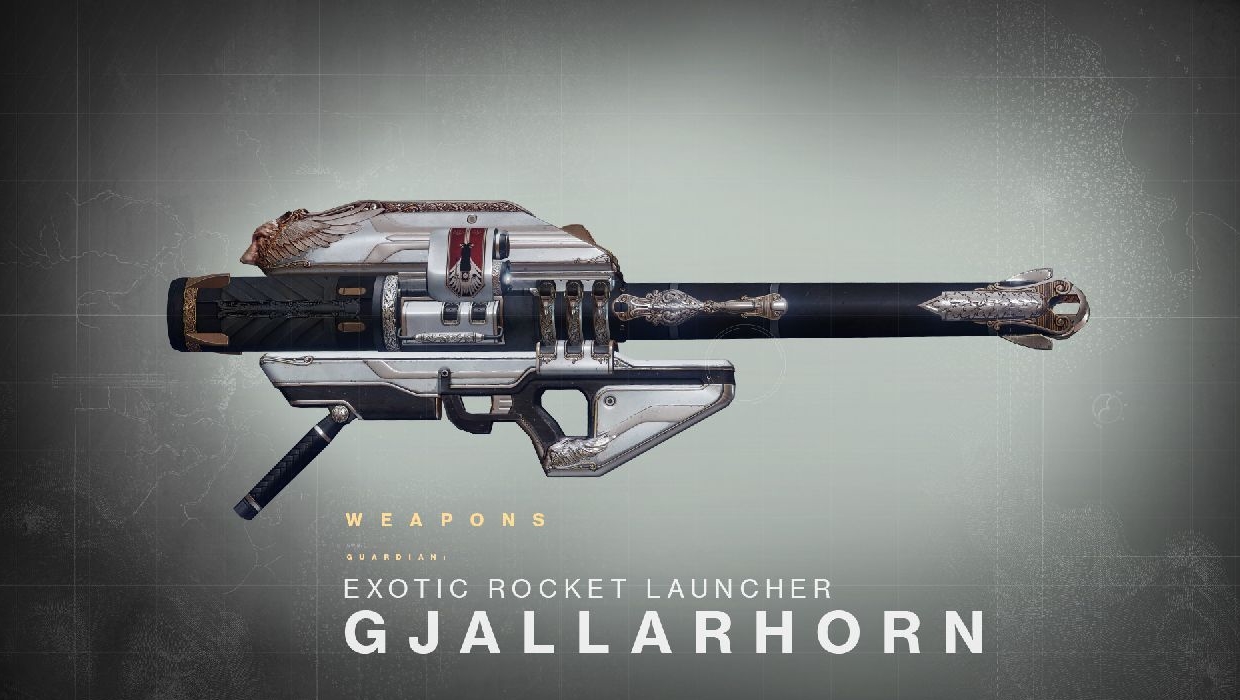
There is, of course, a reason MMO players enjoy raiding, aside from the gratification that comes with coordinating with a team to take down a particularly challenging enemy. And that reason is loot. See, simply grinding solo encounters for gear will only get you so far. If you want to deck your Guardian out with the best of the best guns and armor, raiding is practically mandatory. Makes sense, considering how much effort goes into earning it.
Raid loot often has another perk: it almost always looks the coolest, because each gun and piece of armor is designed to look like nothing else. Back in the early days of WoW, people knew you were a successful raider because they could instantly recognize the distinct visual style of your gear. The same may very well hold true for Destiny, at least at the start.
Destiny's raids will have normal modes AND hard modes
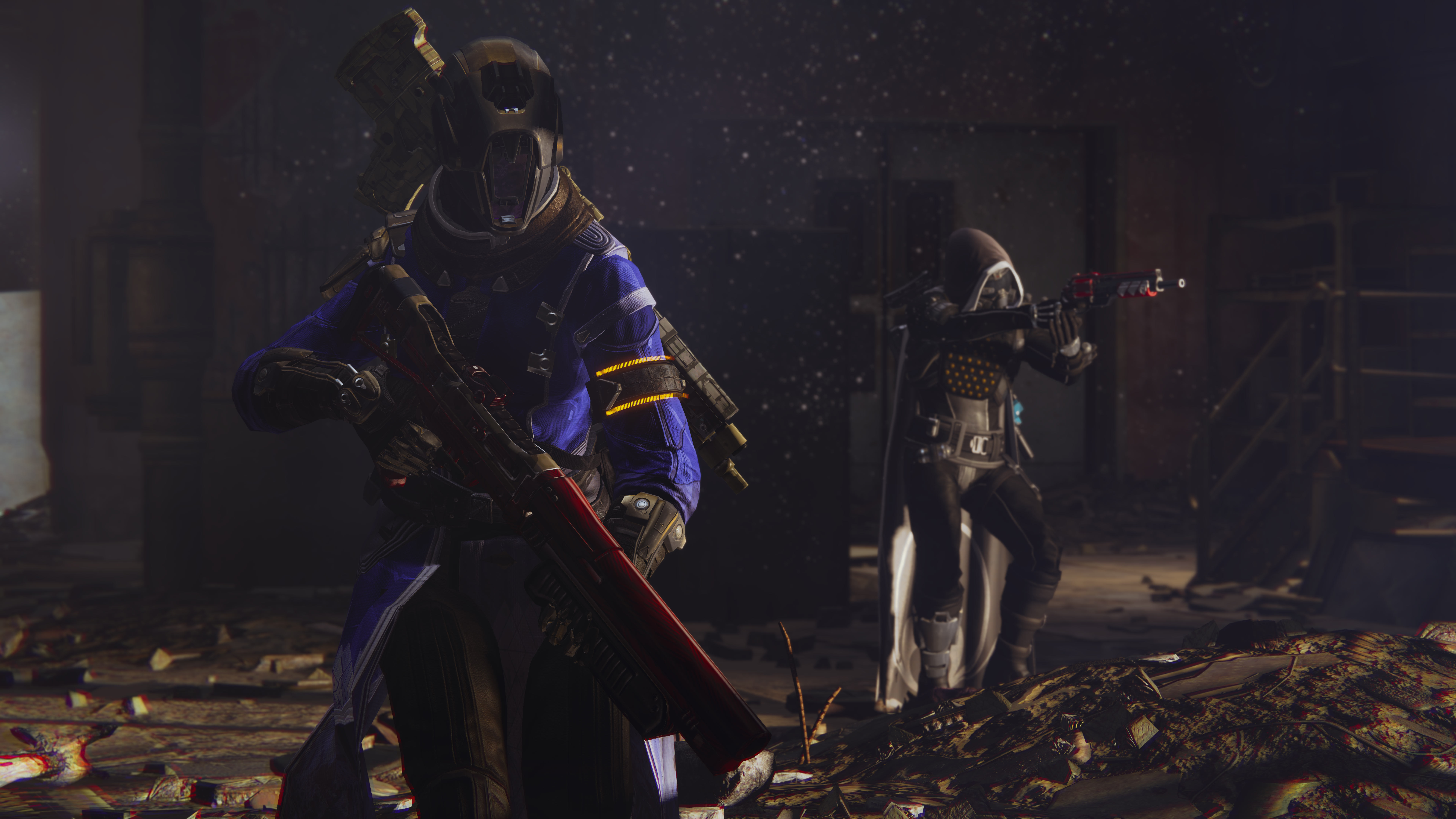
OK, so let's say in a few months' time, you and your friends have mastered a raid in Destiny, and earned all the gear you could possibly get from clearing it. What then? Well, you could just sit back and wait for Bungie to add more raiding content to the game, whether that comes in the form of free downloads or for-money expansions. But in the meantime, you could just as easily jump into the cleared raid's hard mode.
Hard modes in a raid setting are pretty self-explanatory. They make an already-challenging dungeon even more grueling by further enhancing the strength, aggression, and toughness of all the enemies. In WoW, for example, hard modes even add new, inventive mechanics to each boss encounter, making them feel fresh compared to the grinding (or farming) of the same boss in normal mode. Again, your efforts won't go unrewarded--raiding in hard mode means you have a shot at earning even more powerful gear than you'd otherwise get in normal mode.
Pulling in 10 9 8
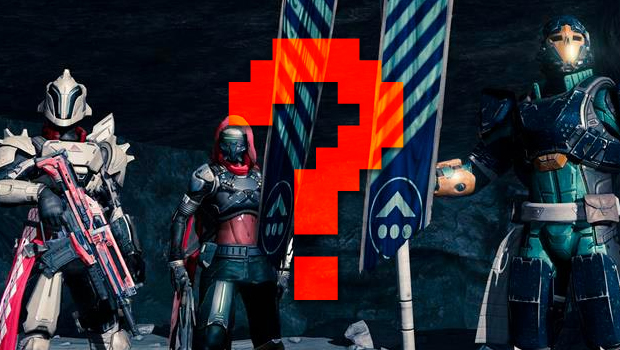
If you're unfamiliar with the raiding scene, I truly hope this primer helps you prep for your time in Destiny. Of course, since we still know very little about Destiny's first raid, it's a little hard to say with any certainty what you will or will not encounter there--but in every MMO I've raided in, the rules in this article have always applied. Pumped for Destiny? Planning on trying out its raids? Drop a note in the comments below.
And if you're looking for more Destiny info, check out 8 ways Destiny is TOTALLY different than Halo and Quiz time: Destiny weapon or racehorse name.
Ryan was once the Executive Editor of GamesRadar, before moving into the world of games development. He worked as a Brand Manager at EA, and then at Bethesda Softworks, before moving to 2K. He briefly went back to EA and is now the Director of Global Marketing Strategy at 2K.



